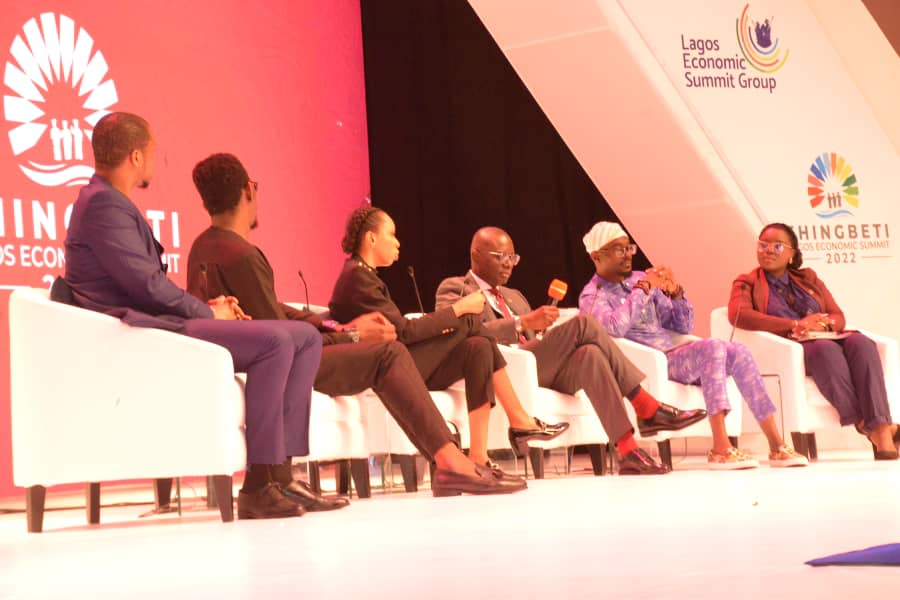Will the rise of artificial intelligence push brands to shift more marketing functions in-house, or will agencies continue to play an indispensable role?
As AI accelerates turnaround times and changes the nature of work, how will agencies need to adapt their compensation models to stay competitive?
Fresh Perspectives from Young Experts
These were the questions that two young industry professionals, Aizehi Itua, Founderof Aim One Company, and Israel Ogunseye, Payments Expansion Manager at Pawa Tech, sought to answer.
They offered fresh perspectives on the evolving dynamics of the marketing and advertising ecosystem.
Both Itua and Ogunseye agreed that while AI is transforming the way brands and agencies operate, it is not a replacement for human creativity and strategy.
Instead, they noted, that it demands that agencies reimagine their roles, rethink how they are compensated, and harness the technology to build more efficient, impactful, and sustainable relationships with clients.
AI as a Tool for Agencies
Itua described AI as a tool that augments and amplifies human effort, particularly in analysis and optimisation.
He stressed that AI does not cut agencies out of the picture but instead shifts their role in how they engage with data and deliver value.
According to him, agencies that embrace AI stand to become more agile, efficient, and effective in meeting brand needs.
Agencies Remain Vital
“AI is the tool,” Itua explained, noting that while some support services in the industry may lean heavily on it, the expertise of agencies remains vital.
He pointed to cases where brands have attempted to manage everything internally but argued that at scale, agencies are still necessary to drive consistency and creativity.
He added that AI should be used to complement, not replace, human strategy and innovation.
A Hybrid Future with AI
On the broader question of in-house versus agencies, Ogunseye predicted that AI will not trigger a full migration to in-house operations but rather encourage a hybrid model.
Meanwhile, he asserted that while in-house teams may take on more responsibilities with the help of AI, agencies will continue to serve as strategic partners, offering deep expertise, creativity, and an external perspective that algorithms cannot replicate.
Adapting Compensation Models
Looking to the future, he suggested that agencies will need to overhaul their compensation structures to stay competitive in an AI-driven market.
He proposed moving away from rigid monthly retainers towards flexible models such as value-based pricing, where fees align with impact, or performance-based contracts, where agencies share directly in client success.
For him, subscription models for ongoing services could also become more common, reflecting a shift to outcomes-driven partnerships rather than traditional fee arrangements.
REGISTER FOR MARKETING EDGE STAKEHOLDERS SUMMIT






Comment
No comments found.